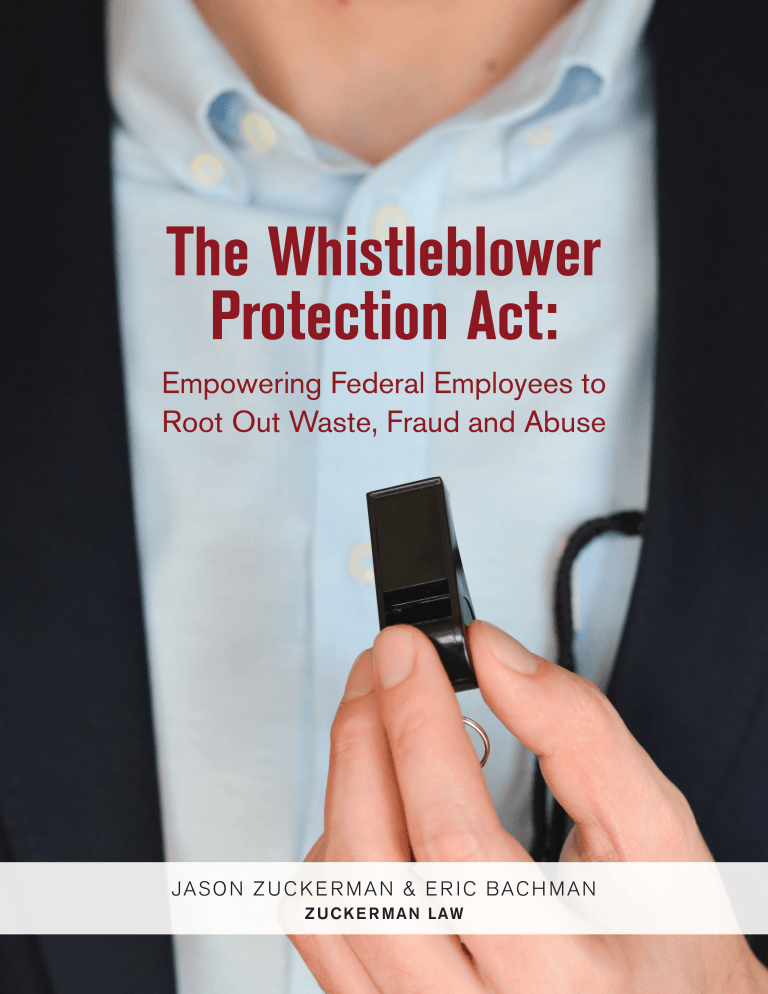Whistleblower lawyer Jason Zuckerman will speak at the Association of Government Accountants’ 2018 Internal Control & Fraud Prevention Training in Washington, D.C. He will join a panel titled Building a Fraud Aware Culture and a Whistleblower-Friendly Environment:
Too often, fraud is an afterthought in government agencies. This lack of awareness about how fraud could be occurring and the important role whistleblowers play in organizations by reporting what they believe to be evidence of fraud, waste, or abuse will be discussed.
Learning Objectives: Learn how fraud commonly occurs in government programs. Identify tools to develop better fraud awareness in your agency. In addition, understand why employees in the know may remain silent, even when it results in fraud, waste, and abuse and understand the importance of educating employees who have made or are contemplating making a protected disclosure about the rights and remedies against retaliation for protected disclosures.
Key Takeaways: Fraud is a pervasive and growing threat, and many agencies lack the awareness necessary to combat fraud effectively. Whistleblowers play an important role in identifying and reporting fraud, waste, and abuse in organizations. An organization’s failure to protect those who come forward to disclose wrongdoing can have a chilling effect on future individuals coming forward. Organizations need to educate management and employees on protected disclosures to foster a culture that encourages employees who speak up when they observe wrongdoing.
Whistleblower law firm Zuckerman Law represents whistleblowers in whistleblower rewards and whistleblower retaliation cases, including claims brought under the Whistleblower Protection Act. Recently the National Law Journal quoted Zuckerman in an article titled How Lawyers Would Advise the Anonymous NYT Op-Ed Writer (and the White House).
The Whistleblower Protection Act protects federal employees against retaliation for making any disclosure that a federal employee reasonably believes evidences:
- a violation of any law, rule, or regulation;
- gross mismanagement;
- a gross waste of funds;
- an abuse of authority;
- a substantial and specific danger to public health or safety; or
- censorship related to research, analysis, or technical information that cause, or will cause, gross government waste or mismanagement, an abuse of authority, a substantial and specific danger to public health or safety, or any violation of law.
For additional information about the Whistleblower Protection Act, see our guide The Whistleblower Protection Act: Empowering Federal Employees to Root Out Waste, Fraud and Abuse.








